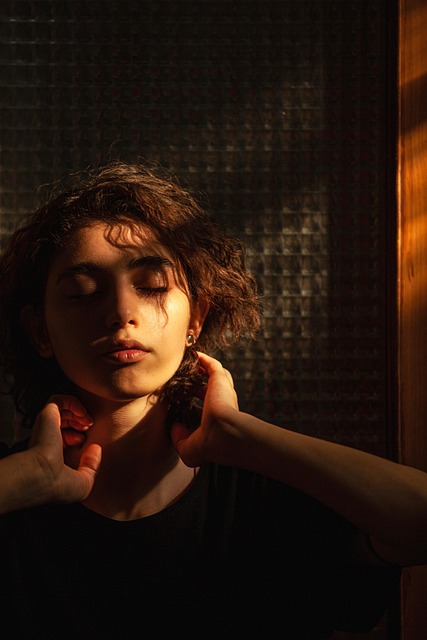Understanding Iran's complex cultural sensitivity involves appreciating its diverse ethnic and religious tapestry, historical nuances, and modern social movements. Embracing local traditions during festivals, learning Farsi, and respecting personal space, dressing modestly, and customs ensures positive interactions and deeper connections with Iranian society and culture.
Discovering Iran’s rich cultural heritage requires a deep understanding of its local traditions. In this guide, we explore how travelers can navigate cultural sensitivity in Iran during their visits. From recognizing festive seasons with respectful practices to interacting with locals, these insights ensure a meaningful journey. Learn the dos and don’ts for a respectful experience, allowing you to connect authentically with the vibrant tapestry of Iranian culture. Explore Iran with openness and appreciation for its unique customs.
- Understanding Cultural Sensitivity in Iran
- Showing Respect During Festive Seasons
- Interacting with Locals: Dos and Don'ts
Understanding Cultural Sensitivity in Iran

Understanding cultural sensitivity is key when visiting or engaging with Iran. The country has a rich and complex history that spans from the Mesotolian period archaeology to its modern-day social dynamics, including the Basij student movement. Respecting local traditions involves acknowledging and appreciating these historical nuances.
One important aspect to consider is the diverse ethnic and religious makeup of Iran, which includes minority groups such as those in Kashmir, who have distinct cultural practices. Showing respect for these differences fosters a positive environment and allows for deeper connections. If you’re curious about specific customs or rituals, take the time to learn and follow local etiquette. Give us a call at Saba Era History for more insights into navigating Iran’s cultural landscape sensitively.
Showing Respect During Festive Seasons

During festive seasons in Iran, like Nowruz (the Iranian New Year) or Chaharshanbe Suri (a pre-Nowruz festival), showing respect for local traditions is paramount. One simple yet powerful way to do this is by learning and using appropriate greetings and phrases in Farsi, the official language of Iran. Understanding basic grammar rules can greatly enhance your interaction with locals. For instance, saying “Salam” (hello) or “Mafsh arz konid” (please, no need to thank) demonstrates a willingness to connect and respect Iranian culture facts.
Iranians also place great importance on hospitality. During these celebrations, it’s common for families to gather, exchange gifts, and share traditional meals. By participating in these activities with an open mind, you’re not just respecting local traditions but also contributing to the vibrant tapestry of Iranian society. If you’re visiting Kermanshah ancient ruins or exploring other historical sites during these times, remember that many rituals and ceremonies take place. Showing reverence for these practices will not only leave a positive impression but may also lead to meaningful cultural exchanges. Consider visiting us at Rugs and Art of Iran anytime to learn more about the rich Iranian culture facts and traditions.
Interacting with Locals: Dos and Don'ts

When interacting with locals in Iran, it’s crucial to be mindful of cultural norms and customs. Iran boasts a rich history and diverse traditions, so showing respect goes a long way. One key aspect is understanding and adhering to personal space and physical contact rules; Iranians generally maintain a more formal distance during interactions, so avoid excessive physical touch or intruding on personal space. Additionally, learning and using basic Persian phrases demonstrates a genuine interest and appreciation for the local culture.
Do’s include greeting people with a warm “Salam” (hello), being mindful of modest dress codes, especially when visiting religious sites, and showing interest in their way of life. Don’ts involve avoiding direct eye contact, which might be considered disrespectful, refraining from discussing politics or sensitive topics openly, and not assuming behaviors based on Western norms. Remember, locals are often eager to share their heritage, so an open mind and a willingness to learn go a long way in appreciating the geography of Iran, from its vibrant cities like Tehran with its modern architecture, to natural beauty spots in provinces such as Gilan. Even while exploring attractions like the cinema scene at find us at iranian cinema overview, respect local customs for a more meaningful and enjoyable experience.
When visiting Iran, embracing and respecting local traditions is key to a meaningful experience. By understanding cultural sensitivities, participating in festive celebrations, and interacting with locals mindfully, you can foster genuine connections and leave a positive impact. Remember, Iran’s rich tapestry of customs and traditions is a testament to its vibrant culture, so taking the time to appreciate and honor them will make your journey all the more memorable.





Leave a Reply